China warns Swiss over asylum cases
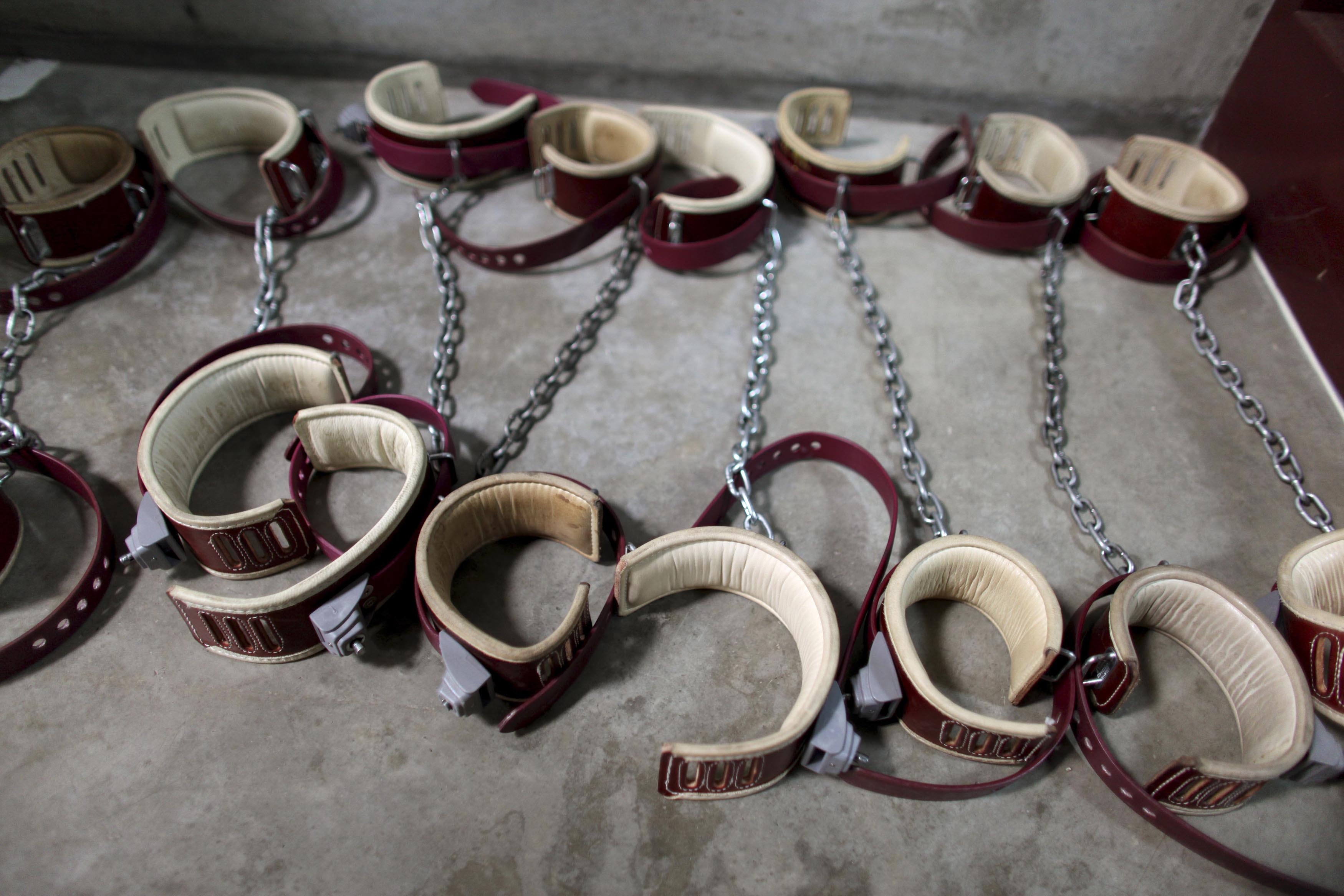
Switzerland’s ties with China could be undermined if Bern decides to give refuge to two ethnic Uighurs who have been held in Guantánamo for eight years.
Switzerland is currently studying the case of two brothers from the Chinese province of Xinjiang, who are due to be released as the US-run jail is closed down. They have never been charged with any offence, and the western canton of Jura has said it is ready to accept them.
But the Chinese embassy in Bern wants the two men sent back to China.
“We hope Switzerland will take a clear-cut decision to refuse to receive these people,” the embassy said in a message sent to Switzerland’s justice ministry on December 18.
The Chinese foreign ministry told the Associated Press on Friday that they hoped Switzerland recognised the “significant danger” the pair posed.
Thursday’s edition of the Lausanne-based newspaper Le Matin published excerpts of the Chinese message, an abbreviated version of which it said it had received by email.
Referring to the “excellent relations of cooperation” between the two countries, the message expressed the hope that “Switzerland, based on the general interest of friendly Sino-Swiss relations … will understand and take seriously Chinese concerns”.
A spokesman for the justice ministry said the minister, Eveline Widmer-Schlumpf, had responded by telling the Chinese that the only decision so far taken with regard to ex-Guantanamo refugees was to accept one Uzbek.
He said the government was still checking different aspects of the Uighur case, including security and integration.
Priority country
China is a priority country for the Swiss government, Economics Minister Doris Leuthard told swissinfo.ch in an interview ahead of taking office as this year’s president.
The two countries are currently discussing a free trade agreement, and Leuthard is due to make at least one visit there in 2010, while a high-ranking Chinese delegation is expected in Switzerland.
Asked in the same interview about the possible impact of accepting the two Uighurs, she described the question as “irrelevant”, since no decision had been taken.
Rights vs interests
“Switzerland would certainly be well advised to put human rights issues ahead of economic issues,” Daniel Graf, media spokesman of the human rights organisation Amnesty International, told swissinfo.ch.
“It should be said that China does not differentiate between peaceful political resistance, or political commitment to the cultural rights of the Uighurs, and violent acts,” he explained.
He added that there were already Uighurs living in Switzerland – although not from Guantánamo – and there was no problem with them.
In the case of the two brothers, the US authorities realised shortly after their arrival in Guantánamo that they had “no contacts of any kind with terrorist organisations”, says a background paper released by Amnesty International.
According to Le Matin, one had gone to Pakistan to look for a better life, and the other had followed to try to persuade him to return home.
However, the Chinese message describes all the Uighurs of Chinese nationality held at Guantánamo as “members of a terrorist organisation recognised [as such] by the United Nations Security Council”.
Graf is not surprised that the Chinese want the men back, despite the fact that the US authorities found nothing against them.
“They are Uighurs. That’s enough.”
Not Switzerland’s problem
However, Pierre Kohler, mayor of Delémont, the capital of the canton of Jura, and founder of the Switzerland-China parliamentary group, does not think Switzerland has any obligation to take the two men.
“It was the Americans who created the problem, and it’s not up to Switzerland to solve a problem which is really an American one,” he told swissinfo.
“Switzerland shouldn’t get involved. After all, the Uighurs are an internal Chinese problem, and it’s not for Switzerland to get involved in internal Chinese problems.”
“I think it’s important for Switzerland to have good relations with China, because I think China has a very interesting geopolitical position. … For me China is a real counter-weight, in particular with regard to American power. It’s important to have balance in the world.”
In the balance
The fate of the two men may become clearer after Widmer-Schlumpf meets Charles Juillard, the justice minister of the canton of Jura at the end of the month.
The justice ministry spokesman said “all aspects would be taken into account” at the meeting.
As for Juillard, he told Thursday’s Le Matin that if the government in Bern is not worried about reprisals from an economic partner, “Jura has no reason to challenge that assessment”.
Meanwhile, the only Guantánamo ex-detainee to have been definitely accepted by Switzerland, an Uzbek, is expected to arrive in Geneva in the next few weeks.
Another Guantánamo ex-detainee, an Algerian, whose asylum application was rejected by the Swiss Migration Office, won an appeal to Switzerland’s Federal Administrative Court on December 18, and will have his case re-examined.
Switzerland has been in discussions with the US authorities for several months about accepting prisoners released from Guantánamo. Widmer-Schlumpf told Swiss radio in June that they were looking at the files of several detainees, but that making a decision was “not easy”.
The detainees have to be accepted by the government and in addition a canton must be found which is willing to receive them.
Julia Slater, swissinfo.ch
A total of 22 Chinese Uighurs were detained in Guantánamo, the jail at the US base in Cuba.
They were suspected of being members of the Qaida-supported East Turkestan Islamic Movement.
The US authorities declared all of them innocent in 2004 and 2005, and ruled that they could be released.
Washington refuses to send them to China where they could be persecuted.
Five went to Albania in 2006, four to Bermuda last June, and six to Palau, an Pacific Ocean archipelago, in October. One of those who was accepted in Albania has since gone to Sweden, which has given him refugee status.
Seven are still left in Guantánamo, including Bahtiyar and Arkin Mahnut, whose case Switzerland is considering.
Bahtiyar was offered asylum in Palau, but he refused to go without Arkin, who is reported to be ill, and who could not be treated there.
According to Bahtiyar’s US lawyer, he had gone to Pakistan to find a better life. His brother reportedly went to persuade him to return home.
During their invasion of Aghanistan at the end of 2001, US troops dropped leaflets there and in Pakistan, promising large rewards for any “terrorists” who were handed over.
The Uighurs are a Turkic-speaking Muslim people, who live mainly in China’s north-west province of Xinjiang.
The area is not only energy-rich but also strategically located in Central Asia.
Uighurs have been displaced as the largest ethnic group in their homeland by an influx of ethnic Han Chinese – the group which accounts for more than 90% of China’s population as a whole.
In recent years there has been unrest in the area, blamed by Beijing on separatists and “terrorists”.
Rights groups and exiles say the unrest has been sparked by Chinese attempts to suppress Uighur religious and cultural rights.
Other critics say that ethnic tension has been stoked by inequalities in the benefits arising from central government investments in the region.
Clashes in the Xinjiang capital, Urumchi, in July 2009 left nearly 200 people dead, most of them Han Chinese.
A number of the rioters have since been put on trial, and some have been given death sentences. Nine have already been executed, according to Chinese state media.

In compliance with the JTI standards
More: SWI swissinfo.ch certified by the Journalism Trust Initiative
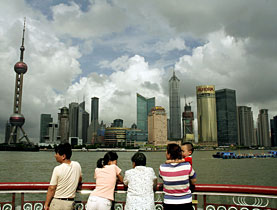
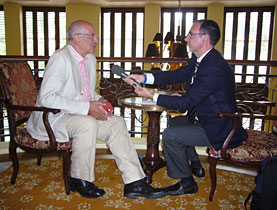


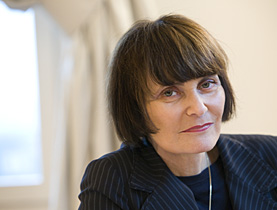
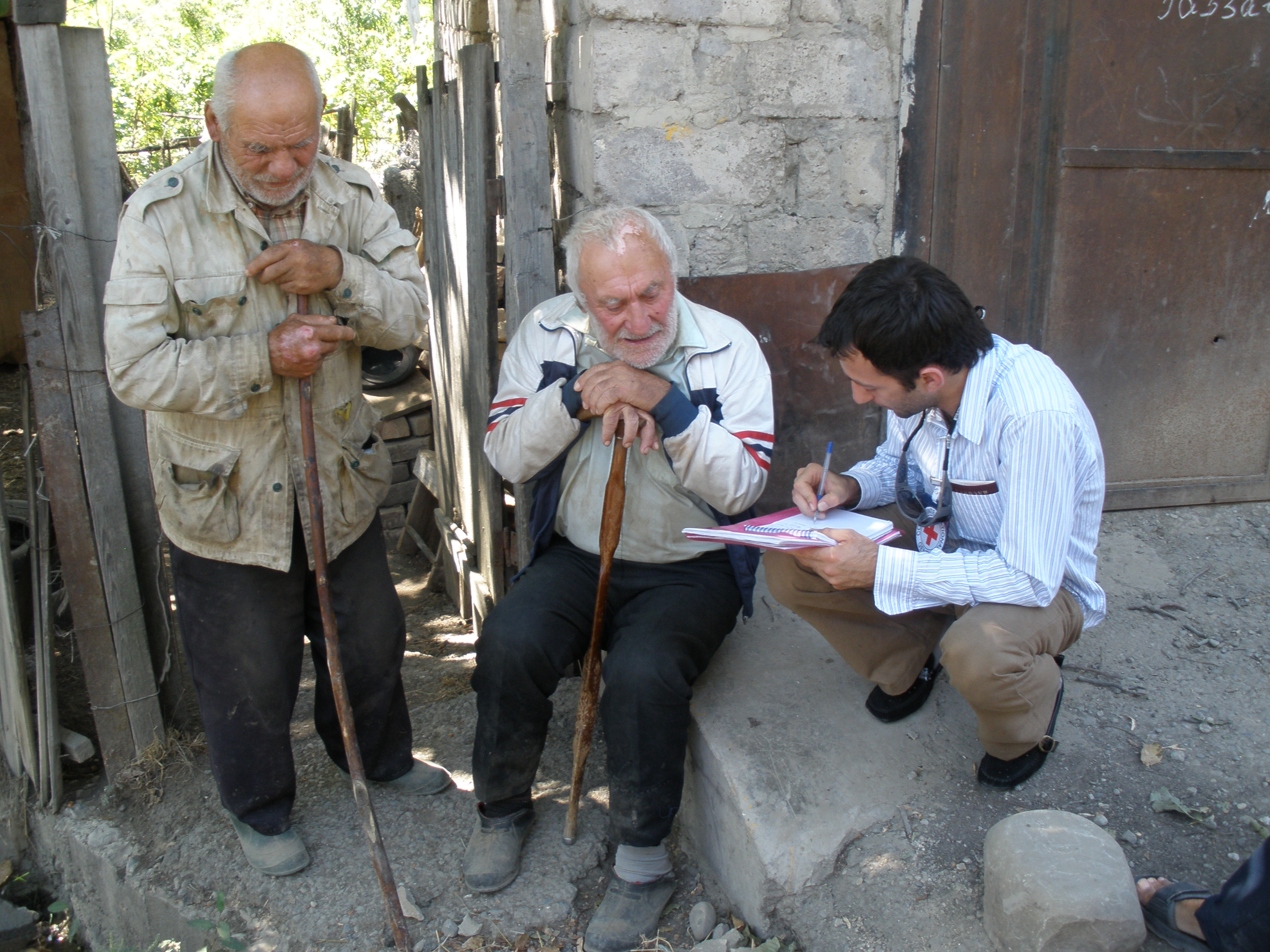
You can find an overview of ongoing debates with our journalists here. Please join us!
If you want to start a conversation about a topic raised in this article or want to report factual errors, email us at english@swissinfo.ch.